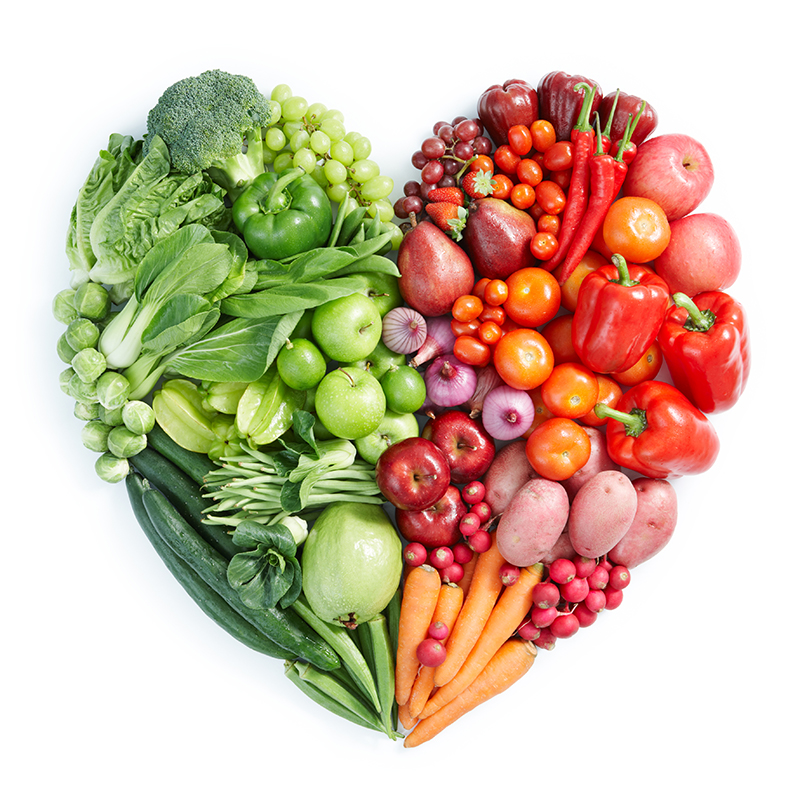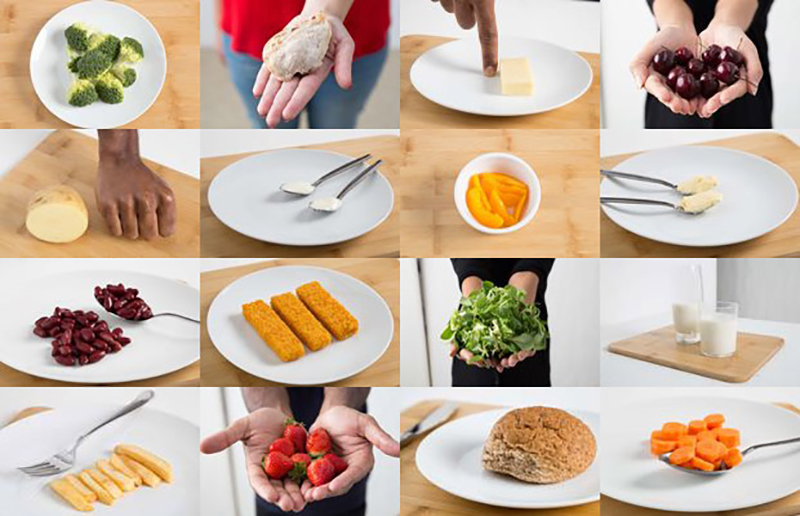Living With High Blood Pressure
- 0About this program
- 1Understanding blood pressure
- 2Understanding your diagnosis
- 3Blood pressure medication
- 4What causes high blood pressure?
- 5Just a pinch of salt
- 6Non-alcoholic drinks and your blood pressure
- 7Reducing alcohol and your blood pressure
- 8Being more physically active
- 9Weight loss and high blood pressure
- 10Eating well to lower your blood pressure
- 11Keeping up healthy changes
- 12Changes for life
- 13Being there for you in the long term
- 0About this program
- 1Understanding blood pressure
- 2Understanding your diagnosis
- 3Blood pressure medication
- 4What causes high blood pressure?
- 5Just a pinch of salt
- 6Non-alcoholic drinks and your blood pressure
- 7Reducing alcohol and your blood pressure
- 8Being more physically active
- 9Weight loss and high blood pressure
- 10Eating well to lower your blood pressure
- 11Keeping up healthy changes
- 12Changes for life
- 13Being there for you in the long term
Content on HealthUnlocked does not replace the relationship between you and doctors or other healthcare professionals nor the advice you receive from them.
Never delay seeking advice or dialling emergency services because of something that you have read on HealthUnlocked.
Eating well to lower your blood pressure
How your food affects your blood pressure
One of the best things you can do for your blood pressure is to eat a healthy, balanced diet. No single food can bring your blood pressure to a healthy level, but eating the right foods in the right portions most of the time will slowly help you get where you need to be.
This is because eating well will help you maintain a healthy weight, which will avoid putting further stress on your heart. A healthy diet will also help you avoid too much salt which is linked with high blood pressure.

Get the BHF guidance on what your body needs to work at its best, where you should cut back, and how to make easy food swaps that will let you enjoy the things you love in a healthier way.
Expert advice on eating well
With all the newspapers, cookbooks, blogs and healthy-eating guides out there, it can be hard to know where to start if you’re changing your diet.
Try and get your information from the NHS, a recognised health charity like the BHF, or a dietitian. Dietitians are properly qualified and accredited, whereas nutritionists, nutritional therapists, nutrition experts and others don’t have to be.
All the advice we give at the British Heart Foundation is approved by our expert team of dietitians. See what our BHF Dietitian Victoria Taylor found out when she spoke to a community dietitian, a hospital dietitian and a cardiac rehab dietitian to get their best advice for those looking for a heart healthy diet.
Know your portion sizes

Eating the right amount of food is just as important as the types of food you eat. Women who are trying to stay the same weight should aim to eat around 2,000 calories a day, and men trying to stay the same weight should aim for 2,500 calories. These calories should come from lots of different, heart-healthy foods throughout the day.
A portion size is how much you should eat of that food in one meal. Generally people eat a lot more than they need to feel full and one of the easiest ways to achieve a healthy weight is to get your portion sizes right. Using smaller plates and glasses will all help you, but have a look at these portion sizes below and start getting used to using them.
With packaged food, always read the label to find out how much one portion is. Make sure most of your plate is made up of vegetables and fruit, then a portion of starchy carbohydrates, with a smaller amount of protein and just a little bit of healthy fats.
Summer fruit smoothie ice lollies
Simple but delicious, these fruit smoothie lollies are a cooling treat on a hot day and they’re lower in sugar and fats than shop-bought ices. You can make them with different fresh fruit or other low-fat fruit yoghurts too.

Join the conversation on HealthUnlocked

To get the most out of your heart health journey, you'll need support. Our online community on HealthUnlocked brings patients, their loved-ones and healthcare experts all together online to share advice and encouragement. Join the conversation.
Content on HealthUnlocked does not replace the relationship between you and doctors or other healthcare professionals nor the advice you receive from them.
Never delay seeking advice or dialling emergency services because of something that you have read on HealthUnlocked.